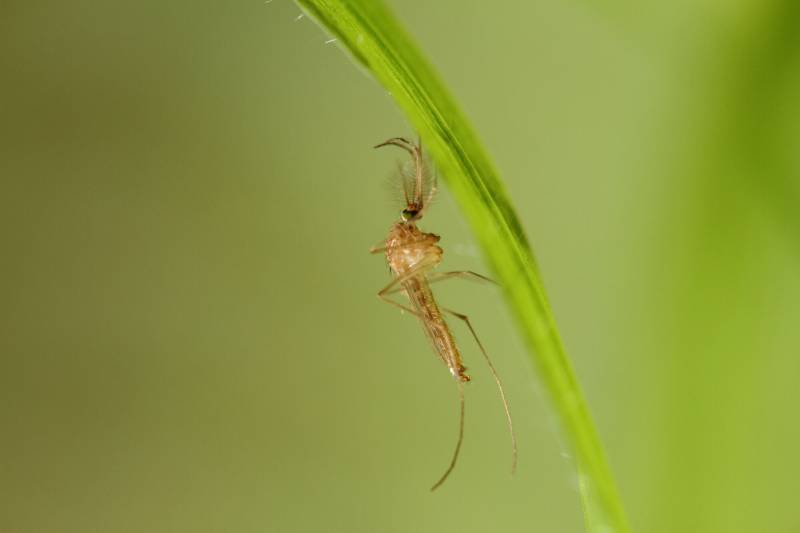
To be listed on the CAMPOSOL TODAY MAP please call +34 968 018 268.

Guidelines for submitting articles to Condado Today
Hello, and thank you for choosing CondadoToday.com to publicise your organisation’s info or event.
Condado Today is a website set up by Murcia Today specifically for residents of the urbanisation in Southwest Murcia, providing news and information on what’s happening in the local area, which is the largest English-speaking expat area in the Region of Murcia.
When submitting text to be included on Condado Today, please abide by the following guidelines so we can upload your article as swiftly as possible:
Send an email to editor@condadotoday.com or contact@murciatoday.com
Attach the information in a Word Document or Google Doc
Include all relevant points, including:
Who is the organisation running the event?
Where is it happening?
When?
How much does it cost?
Is it necessary to book beforehand, or can people just show up on the day?
…but try not to exceed 300 words
Also attach a photo to illustrate your article, no more than 100kb

Andalucía declares alert for West Nile Virus
Disease has been detected in mosquitoes and can be spread to humans

A Culex pipiens or common house mosquito
A health alert has been declared in several municipalities in Andalucía, after it was confirmed that West Nile Virus (WNV) is circulating in Culex mosquitoes captured there.
The first places to be put on alert by the regional health department were Pulpí (Almería), Chiclana (Cádiz), Baeza and La Carolina (Jaén), as well as Guillena and Gerena (Sevilla).
This has now been extended to include La Luisiana (Sevilla), Tarajal (Málaga), and the hamlet of Tahivilla (Tarifa, Cádiz).
Health authorities have ruled out any new human cases for now, having conducted 323 tests on residents in the affected areas, all of which returned negative results.
However, surveillance has also detected a horse infected with WNV on a farm over 1.5 kilometres from the town centre of Antequera (Málaga), which therefore remains at a high-risk level.
Health authorities explained that the decision was made after receiving laboratory results analysing mosquito species, their density, and the presence of the virus. Recent samples confirmed the presence of WNV in several batches of mosquitoes captured using surveillance traps.
The three active surveillance systems (entomological, animal, and human) will be intensified for a minimum of four weeks, or until viral circulation is no longer detected in mosquitoes, birds or equines.
Local councils and provincial authorities in Sevilla, Cádiz, and Málaga are taking action by strengthening control and treatment of vector mosquitoes, particularly in wet areas and locations close to residential zones; awareness campaigns in schools, care homes and health centres; and direct communication with the public to prevent bites and eliminate potential mosquito breeding grounds.
What is West Nile Virus?
According to the European Centre for Disease Prevention and Control (ECDC), WNV is usually spread to humans and other mammals from mosquitoes that have bitten infected birds, although about 80% of human infections have no symptoms.
About 20% of WNV infections in humans may cause West Nile fever (WNF), characterised by: headache, malaise, fever, myalgia, vomiting, rash, fatigue and/or eye pain.
Less than one per cent may cause West Nile neuroinvasive disease (WNND), which affects the nervous system and can have a mortality rate of up to 17%.
There is no specific treatment for the virus, only supportive care, but personal protective measures include: use of mosquito nets, sleeping in screened or air-conditioned rooms, wearing clothing that covers most of the body, and using mosquito repellent.
Since the beginning of 2025, and as of 8 October 2025, 13 countries in Europe have reported human cases of West Nile virus infection: Albania, Bulgaria, Croatia, France, Greece, Hungary, Italy, Kosovo, North Macedonia, Romania, Serbia, Spain and Turkey.
The confirmed human cases in Spain this year include one in Alicante province, one in Almería and 21 in Badajoz.
Europe is experiencing longer and more intense transmission seasons for mosquito-borne diseases, including WNV infection and chikungunya virus disease.
This shift is driven by climatic and environmental factors such as rising temperatures, longer summer seasons, milder winters and changes in rainfall patterns.
ECDC has warned that record breaking outbreaks of WNV infection and chikungunya virus disease point to a ‘new normal’ in Europe, prompting the need for a robust and coordinated response to protect public health across Europe.
Image: ECDC
Sign up for the Spanish News Today Editors Roundup Weekly Bulletin and get an email with all the week’s news straight to your inbox
Special offer: Subscribe now for 25% off (36.95 euros for 48 Bulletins)
OR
you can sign up to our FREE weekly roundup!
Read some of our recent bulletins:
Discount Special Offer subscription:
36.95€ for 48 Editor’s Weekly News Roundup bulletins!
Please CLICK THE BUTTON to subscribe.
(List price 3 months 12 Bulletins)
Read more stories from around Spain:





















